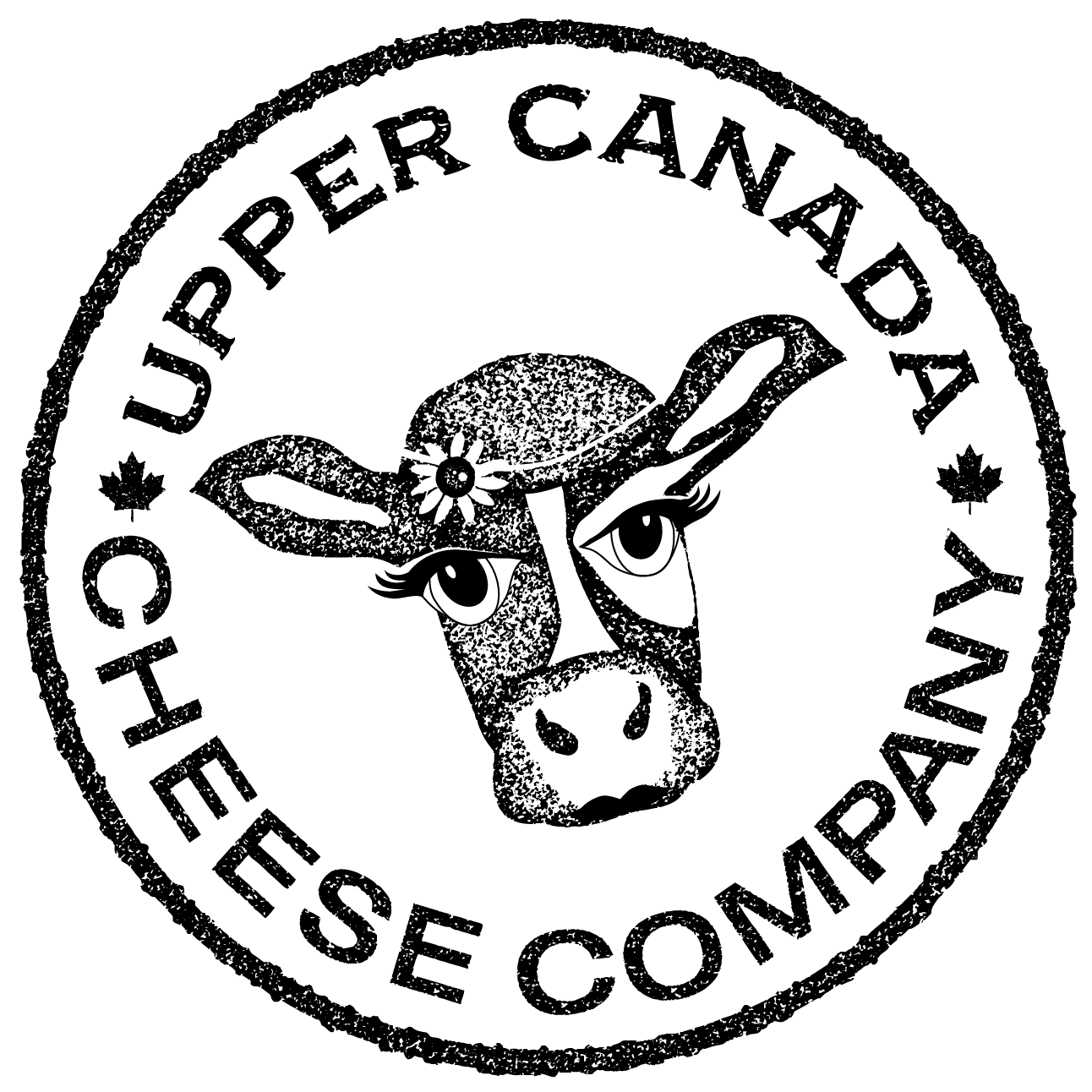What is A2 Protein Guernsey Milk?
In addition to being the ideal complement to any evening, our cheeses can also be particularly good for the body.
New research suggests the 100% pure Guernsey milk we use to craft our cow’s milk cheeses may be easier to digest and enjoy for some people who experience difficulty with dairy products.
All cow’s milk contains protein. The proteins primarily produced by dairy cows are known as caseins, of which A1 and A2 are two forms. Most cow’s milk naturally contains a mix of A1 and A2 protein.
The milk from grocery stores contain a much higher concentration of A1 protein than Guernsey cow’s milk. In fact, Holstein cows (Black and white cows), produce the vast majority of commercially available milk, and deliver the highest concentration of the A1 protein in their milk.
Milk from Guernsey cows contains less than 20% of the A1 protein.
Guernsey cows, like the ones that Upper Canada gets its milk from, produce the highest concentration of A2 protein in their milk. Guernsey cow milk contains over 80% A2 protein, compared to 15% produced by Holstein cows.
Welcome Cheese Back In your Diet
If you’ve ever avoided drinking milk or eating dairy products because they don’t seem to agree with you, you’re not alone. Many people in North America have difficulty digesting milk. Symptoms can include everything from that queasy feeling in your belly, to cramps and bloating.
Most write this off to being lactose intolerant. But, emerging research suggests that’s not always the case.
If you’ve been avoiding cheese because milk just doesn’t sit right with you, give Upper Canada cheeses a try. You may just rediscover your love of dairy and develop a new love for the taste and craftsmanship that goes into every wheel of Upper Canada cheese
Other BENEFITS of A2 Guernsey Milk
Guernsey cow milk has a naturally high percentage of Beta Casein A2. When tested in the UK, Guernsey milk had more than 95% A2 which compares with 40% A2 in Jersey milk and 15% in Holstein milk.
The World Guernsey Cattle Federation notes that Guernsey milk contains 33% more vitamin D and 15% more calcium than average milk. Vitamin D benefits include keeping bones and teeth healthy, preventing diabetes, and fighting infections.
The unique golden colour of Guernsey milk comes from an unusually high content of beta carotene. Beta carotene is not broken down by Guernsey cows, therefore it passes into their milk. Beta carotene benefits include improved vision, heart, lung and cognitive function, as well as healthy skin.
Guernsey milk has three times more of the beneficial essential fatty acid omega 3 than other breeds of cows. Omega-3 benefits include improved heart health, rheumatoid arthritis, cognitive performance as well as prevention of certain neurological conditions.


